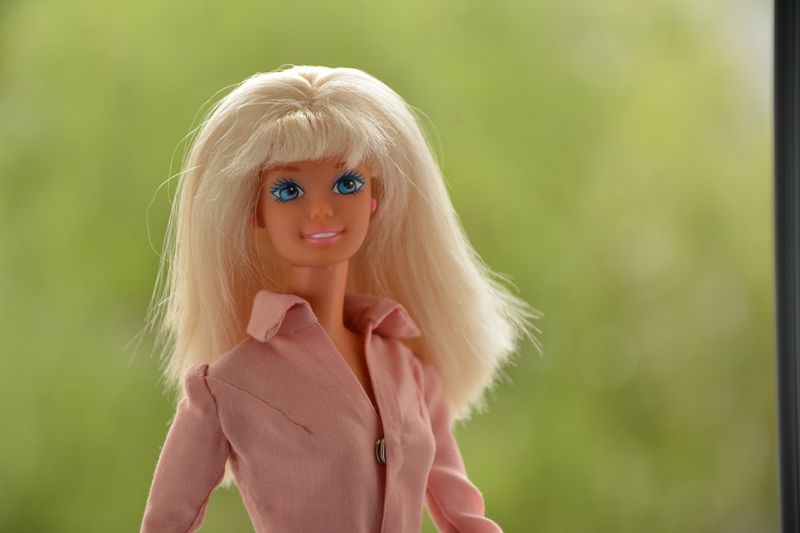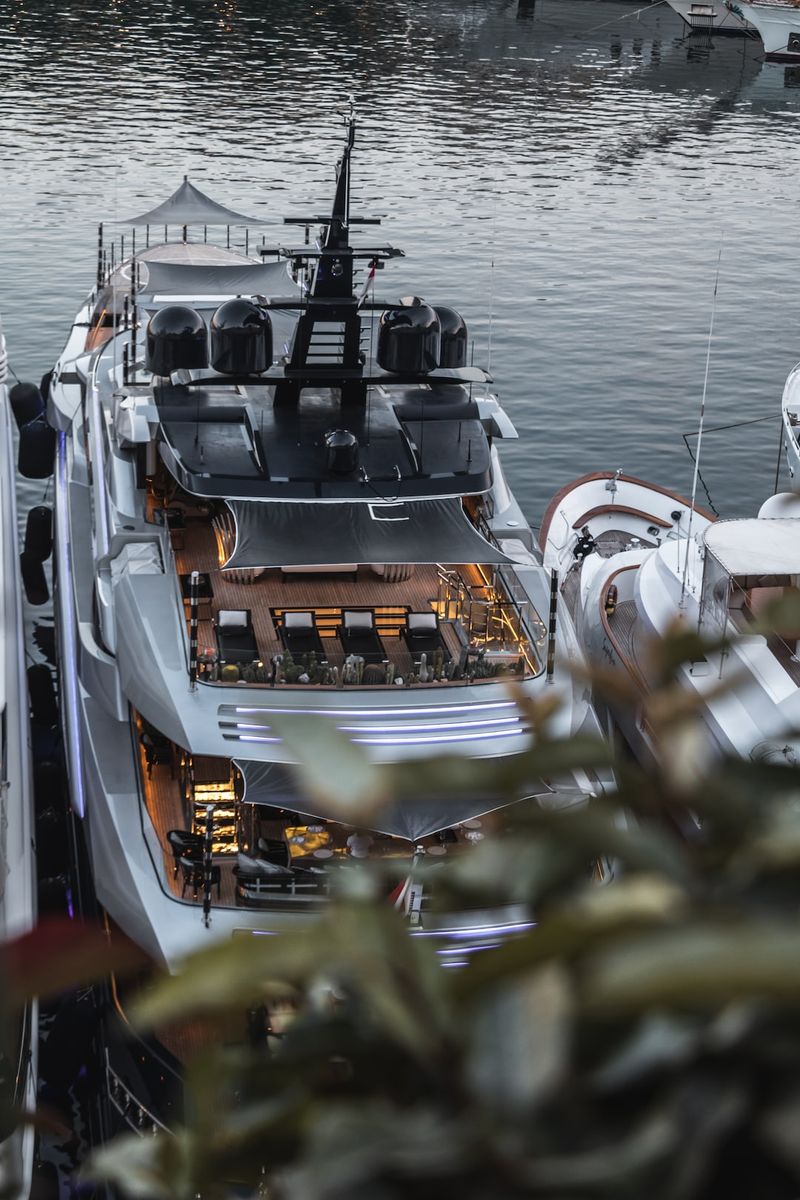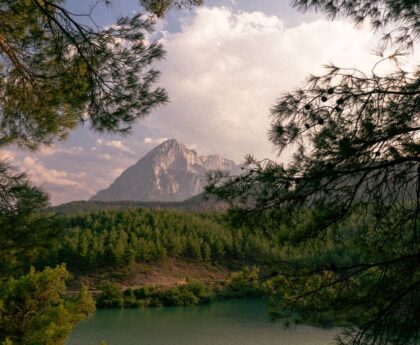Barbie Film Banned in Vietnam: Controversy over South China Sea Map
The Banning of “Barbie” in Vietnam
The anticipated live-action film “Barbie,” starring Margot Robbie and Ryan Gosling, has been banned in Vietnam due to its portrayal of China’s territorial claims in the disputed South China Sea. The ban was imposed by the Culture Ministry’s Department of Cinema, citing scenes featuring China’s so-called nine-dash line. This move has disappointed “Barbie” fans in Vietnam who were eagerly awaiting the release of the beloved doll’s cinematic adaptation.
The South China Sea Dispute
The South China Sea has long been a contentious region, with multiple countries claiming parts of the maritime area. Vietnam, the Philippines, Brunei, Malaysia, and Taiwan have all disputed China’s broad claims to the South China Sea, which is not only rich in resources such as oil and natural gas but also home to vital fishing grounds and key commercial shipping lanes.
The nine-dash line, which China bases its claim on, encompasses a massive 3 million square kilometers “U” shape in the South China Sea. It has been a subject of disagreement and tension between the countries involved. Vietnam, in particular, has been one of the most vocal opponents of China’s claims, as several of its claims overlap with Vietnam‘s own.
Censorship and National Security Concerns
The banning of “Barbie” in Vietnam resonates with broader issues of censorship and national security concerns. The Vietnamese government’s decision to prohibit the film’s release highlights its sensitivity towards any depiction that challenges or affronts its territorial sovereignty. However, it also raises questions about the extent to which a nation can restrict artistic expression and freedom of speech in the name of national security.
Philosophical Discussion: Balancing Artistic Expression and National Security
The banning of “Barbie” in Vietnam presents a philosophical conundrum – how do we balance artistic expression and national security? On one hand, it is crucial for governments to protect their national interests and maintain stability within their borders. This may involve restrictions on content that could potentially incite unrest or challenge territorial claims.
On the other hand, artistic expression plays a vital role in fostering creative freedom and facilitating dialogue on pertinent societal issues. In this case, “Barbie” could have served as a platform to initiate discussions about territorial disputes in the South China Sea and encourage critical thinking among the public.
Editorial: Promoting Dialogue and Understanding
Encouraging Open Conversations
Rather than resorting to censorship, we should strive to create an environment that promotes open conversations and understanding. Art and film have the power to transcend boundaries, allowing individuals to empathize with different perspectives and engage in constructive dialogue. By banning “Barbie” in Vietnam, we miss the opportunity to educate and inform the public about the complexities of the South China Sea dispute.
Addressing National Security Concerns
While it is essential to address national security concerns, it can be achieved without compromising artistic expression. Governments can establish guidelines and rating systems for films that address sensitive topics, ensuring that they are presented responsibly and within legal boundaries. This allows for a balanced approach that safeguards national interests while still allowing for critical discourse.
Engaging Diplomatic Channels
International disputes, such as the ones seen in the South China Sea, require diplomatic solutions. Governments should look to engage in open dialogue and negotiations rather than resorting to censorship. By encouraging discussions between countries involved, a better understanding of each other’s perspectives can develop, leading to peaceful resolutions.
Conclusion: Finding the Middle Ground
In the dynamic landscape of global politics and art, finding the middle ground between national security concerns and artistic expression is crucial. The banning of “Barbie” in Vietnam highlights the challenges faced by governments in maintaining stability and sovereignty while fostering an atmosphere that embraces creativity and open dialogue. Striking a balance that allows for artistic freedom and promotes respectful conversations is essential for societies to grow and evolve.

<< photo by Anh Tuan To >>
The image is for illustrative purposes only and does not depict the actual situation.
You might want to read !
- Rubin’s Extravagant Spree: Fanatics Founder’s Lavish $50 Million Hamptons Haven
- “Trisha Paytas Sparks Controversy on Colleen Ballinger’s Podcast: The Outrageous Claims Unveiled”
- Ashes Showdown: Australian PM Warns Rishi Sunak to Stay in His Lane
- “The Barbie Movie: Vietnam Takes a Stand on South China Sea Map”
- The Whistleblower’s Legacy: Remembering Daniel Ellsberg in Australian History
- Slapping Back: The $21.4 Million Boost to Australia’s Prawn Industry Recovery
- “Game, Set, Match: Murray Dominates to Secure Second Round Berth at Wimbledon 2023”
- “Mixed Emotions: The Bittersweet Start for 23 Matildas”
- “The Rise of Israel’s Manor Solomon: A Game-Changer in the Premier League”




